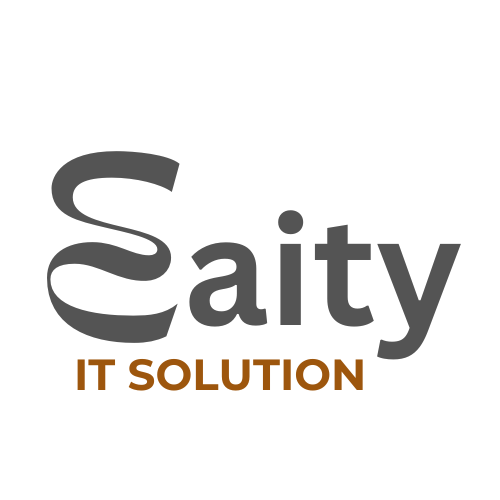What Is Data Entry?
Data entry is the process of inputting, updating, and managing various types of data into a computer system or database. This can involve tasks such as typing text, numbers, or other information into forms, spreadsheets, databases, or software applications. Data entry can also include tasks like verifying the accuracy of data, cleaning up inconsistencies, and organizing information in a structured format.
Data entry is crucial for businesses and organizations to maintain accurate records, track information, and perform analysis. It’s used in various industries such as healthcare, finance, retail, and many others to manage customer records, inventory, financial transactions, and other types of data.
With the advancement of technology, much of data entry work has been automated through the use of optical character recognition (OCR) software, data capture tools, and other digital solutions. However, there are still many instances where manual data entry is necessary, especially for tasks that require human judgment, interpretation, or dealing with unstructured data.
What qualifications need to become a Data Entry Specialist?
To become a data entry specialist, you typically don’t need formal education beyond a high school diploma or equivalent. However, having certain qualifications and skills can make you more competitive in this field. Here are some qualifications and skills that are beneficial for a data entry specialist:
- Typing speed and accuracy: Data entry specialists are required to input large volumes of data quickly and accurately, so having a high typing speed (typically measured in words per minute) and excellent accuracy is essential.
- Proficiency in computer applications: Familiarity with software applications such as Microsoft Excel, Word, and database management systems is often necessary. Additionally, experience with specialized data entry software or tools may be required depending on the employer.
- Attention to detail: Data entry involves dealing with large amounts of information, so being detail-oriented and able to accurately input data without errors is crucial.
- Time management skills: Data entry specialists often work with tight deadlines and need to manage their time effectively to complete tasks in a timely manner.
- Basic math and language skills: Depending on the type of data being entered, basic math skills (such as arithmetic) and language skills (such as grammar and spelling) may be required.
- Problem-solving skills: Data entry specialists may encounter discrepancies or errors in the data they’re entering, so having problem-solving skills to identify and correct mistakes is valuable.
While a college degree is not typically required for entry-level data entry positions, having relevant certifications or completing courses in data entry, computer applications, or administrative skills can be beneficial and may enhance your job prospects. Additionally, gaining experience through internships or part-time positions can help you develop the necessary skills and knowledge for a career as a data entry specialist.
How do you get Data Entry jobs online?
There are several ways to find data entry jobs online:
- Job search websites: Use popular job search websites such as Indeed, Glassdoor, LinkedIn, and Monster to search for data entry jobs. You can filter your search based on location, job type (remote or onsite), and other preferences.
- Freelance platforms: Websites like Upwork, Freelancer, and Fiverr offer opportunities for freelancers to find data entry gigs. Create a profile on these platforms, showcase your skills and experience, and apply for relevant projects.
- Remote job boards: There are job boards specifically focused on remote and freelance opportunities. Websites like Remote.co, We Work Remotely, and Remote OK frequently list data entry jobs that can be done from anywhere.
- Online marketplaces: Some companies and individuals post data entry tasks on online marketplaces such as Amazon Mechanical Turk and Clickworker. These platforms offer microtasks that you can complete for payment.
- Company websites: Visit the career pages of companies you’re interested in to see if they have any data entry positions available. Some companies may also post remote job opportunities on their websites.
- Networking: Reach out to your professional network, including former colleagues, classmates, and mentors, and let them know you’re looking for data entry opportunities. They may be able to provide referrals or connect you with relevant job leads.
When applying for data entry jobs online, make sure to tailor your resume and cover letter to highlight your relevant skills and experience. Emphasize your typing speed, accuracy, attention to detail, and proficiency with relevant software applications. Additionally, be cautious of potential scams and thoroughly research any job opportunities or employers before applying or providing any personal information.
